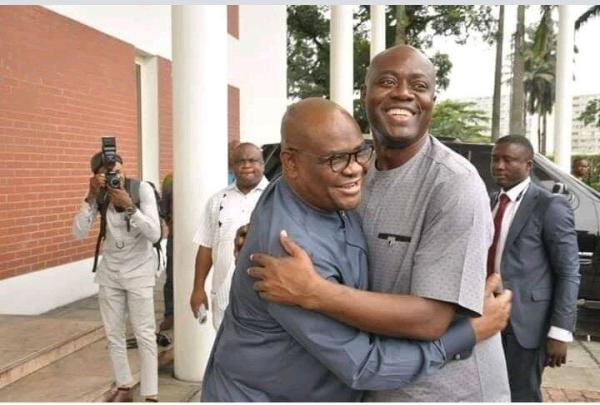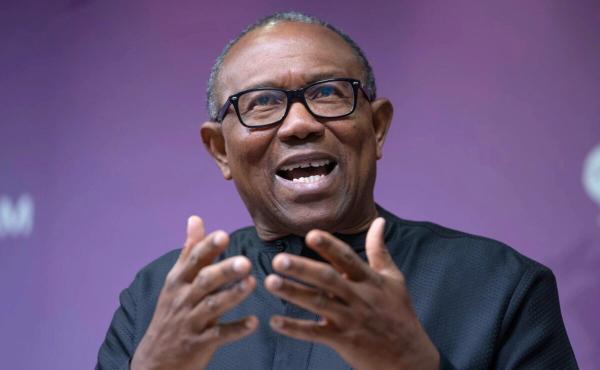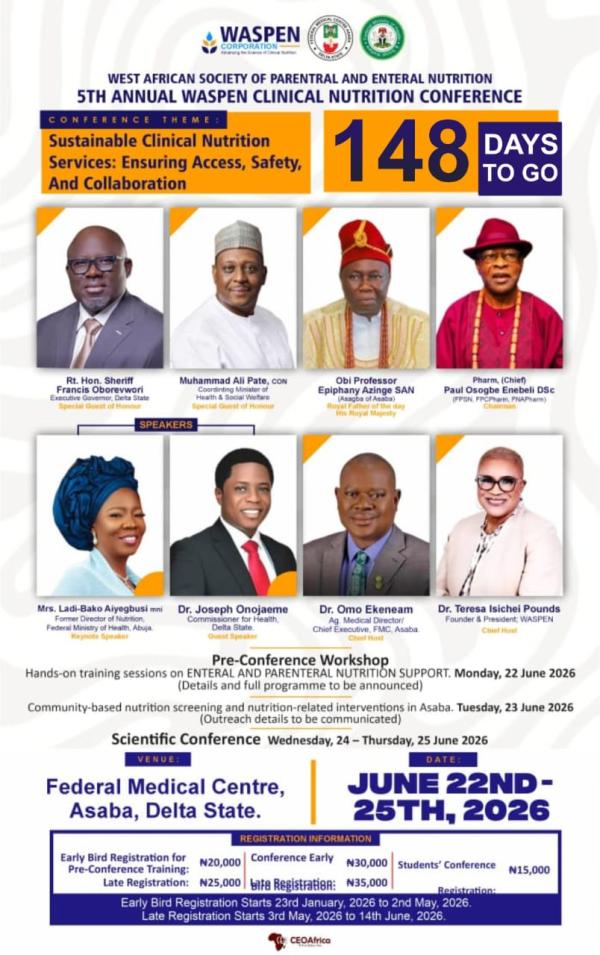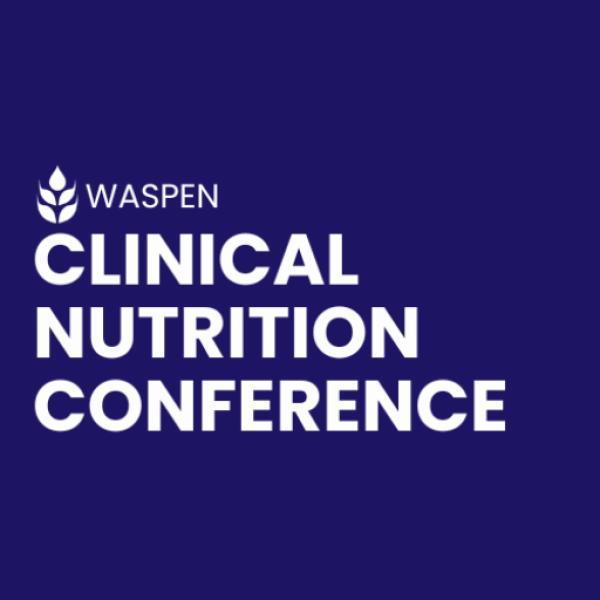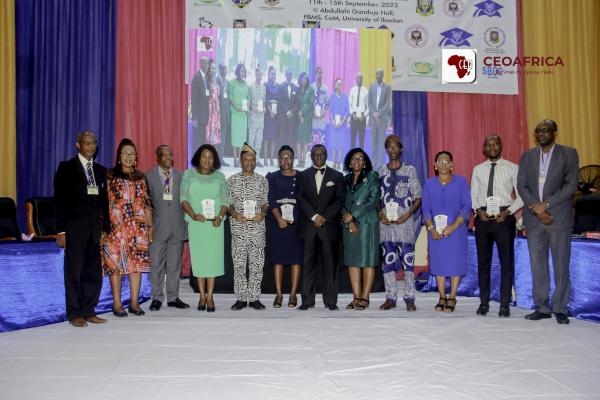
The Faculty of Basic Medical Sciences, College of Medicine, University of Ibadan held the eight edition of her biennial Conference, themed; “Global Trends in Biomedical Translational Research”.
The conference, organised by the faculty, was done in HYBRID format; comprising of both physical and virtual participation of attendees, and was held at the Abdullahi Ganduje Hall of the Faculty.
A Pre-Conference workshop was held which had in attendance PHD students from the Institution Presenting different Scientific Research Topics, stating the Research Methodology used, their challenges, how they solved them and their discoveries and conclusion.
At the end of their speeches, students were given the opportunity to ask the speakers questions on their Scientific Research.
The conference was decleared open by the Dean of Faculty of Basic Medical Sciences, Professor Oyeronke Odunola had in attendance Scientists and Academicians from Nigeria, USA and Brazil.
The Conference, started off with a special discourse on the topic-Academic Brain Drain: Implications and Solutions. speakers for the conference included Dr. Bunmi Adejoh of the Patency and Enterprise Incubation Centre, Forestry Research Institute of Nigeria, Professor P.O. Olapegba of the Faculty of Social Sciences of the University of Ibadan, Professor Funke Ola-Davies of the Faculty of Veterinary Medicine, Mr. M.H Oladele of The Department of Agriculture and Fisheries Management, Dr.O.E Olayide and Mrs Cecilia Babarinde, all from the same institution.
Speaking at the Plenary Session, Professor Godwin Ogbole, A Geology Professor who spoke on the Topic; Training and Mentorship in Magnetic Resonance Imaging (MRI, stated that the MRI is one of the most important tools to identify clinical conditions in patients. He reiterated the importance of imaging analysis of the body, to the improvement of the healthcare delivery system. He noted that sadly, Africa has the highest burden of non-communicable diseases in the world, while the tool you can use to help diagnose and treat these conditions is also the least accessible.
This, according to him, is due to high costs, infrastructural shortages, which encompasses shortage of adequate MRIs to cater to the population, high costs, inadequate power supply and poor maintenance culture.
Speaking further, he stated that, as a tool of identifying prevalent clinical deficiencies like Stroke, Epilepsy and Dementia, making such accessible and affordable cannot be over emphasised, while urging stakeholders to focus on training and mentorship, to help improve accessibility to quality healthcare for Africans, Nigerians, in particular. Also speaking on the challenges of MRI in terms of institutional deficiencies, Professor Ogbole noted that there are few structured advanced institutional centres in Africa, lack of trained personnel and progarmmes, and poor funding for research in MRI technology.
Speaking further on solving the problem of poor MRI Research in Africa, Professor Ogbole said Africans need to seek out Research collaborations, build capacity through seeking fellowships and most importantly, the more Experienced and higher trained Scientists should mentor younger scientists, through ensuring what he called; "equity of knowledge", through sharing of information and knowledge about MRI.
He also urged more experienced Practitioners to be precise and deliberate about developing capacity in learning and Research through reaching out to government to subsidise internet usage, apply for local and international grants and build partnerships with stakeholders. He revealed that Facebook founder, Mark Zukerberg is one of the sponsors of an MRI initiative in Africa currently.
Also Speaking at the plenary session, A guest Speaker, Professor Aina Adeogun reiterated the relevance of the theme of the Conference for the 21st century Scientist.
Speaking on her Topic; Harnessing Basic and Translational Research for Societal Gain; she said as ideas unfold and realities take shape, Research becomes expedient in advancing human health and development and whichever Research you are on, not all Basic Research are Translational, but that does not mean Basic Research is not equally important because what is basic today, in the future may provide the insight you need for Translational Research, which both leads to innovation and improvement in the society.
She said Translational Research has been coined; "Laboratory-to-Bedside Research" because it aims at getting applicable results, which can be applied directly; either to environmental issues or to human health. she submitted that Transitional Research is the bridge for basic research and new world applications, because you can turn from theoretical to practical solutions, to advance human health and general wellbeing.
The Conference served as a meeting point for Biomedical Scientists from various backgrounds and disciplines, to exchange ideas on contemporary science, while at the same time, providing young scientists the opportunity to be exposed to the language and culture of a wholistic approach to science, through interaction between budding and established scientists from the different areas such as; Clinical and Laboratory Medicine, Pharmaceutical Sciences , Veterinary Sciences, Pure and Applied Sciences and other related Agriculture Sciences.












